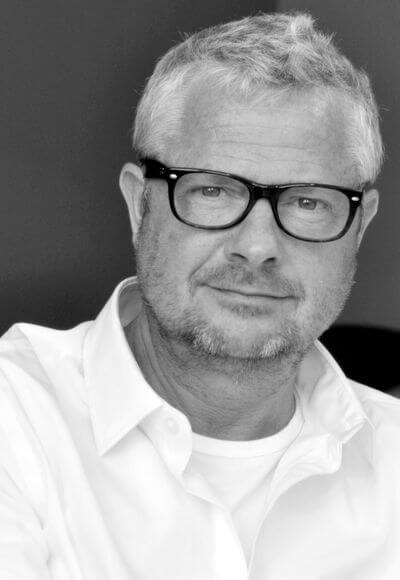DAVID KEAN reflects on ‘hopium’ addiction — and how to kick the habit

I ONCE had a boss who said, “I think we got away with that one.” The chairman of a global cereal brand who had received our creative proposals said soon afterwards that they were “the biggest load of crap [he’s] ever seen”.
We were fired the next day, and the agency was closed down six months later — with 350 jobs lost.
Delusional thinking around your performance is dangerous. Global M&A and growth advisory firm Waypoint Partners describes it as “hopium” — “unsubstantiated optimism, delusion and self-deception within the context of winning new business”. And yet, it’s all around us — especially in the business development sphere.
A positive mindset isn’t a bad thing, but hopium blurs your vision and blocks tangible routes to growth. No agency can afford to limit its growth potential, especially in a tough economic climate. I have no doubt hopium was the final nail in the coffin for that lost cereal account.

It’s the business equivalent of looking into a crystal ball and convincing yourself the future’s bright. Before you know it, the whole team’s on autopilot and you’ve lost control. People float about in a miasma of self-deception until, inevitably, disaster strikes.

If you’re fine with hopium in your workplace, we wish you luck — and we have a lovely range of gifts for you to choose from. How about a replica of Damien Hirst’s Eternal Prayer to remind employees there’s no real plan except hope? Or perhaps a cuckoo clock for hourly reminders that no new business has come in? If you like, there’s even a vintage desk phone that never rings.
If you want to overcome the syndrome, the first step is to stop being in denial. No more excuses for under-performance. No pretending that it’s out of our control. Excuses carry minimal weight.
The second step is to know what you need to know before you believe what you want to believe. It makes no sense to stake your house on poker. Even if you think it can be pulled off, luck eventually runs out.
The third step: embrace healthy paranoia. This means consistently taking action and asking questions about your processes with prospective clients. Don’t accept platitudes — become adept at reading between the lines. Always assume the competition is in the lead and that to catch-up, you need to work harder and smarter.
Don’t put all your eggs in one basket. Network with multiple contacts at the client company, and don’t rely on just one relationship.
Your agency needs to know when to pitch. Put a process in place to prospect potential clients, and decide whether you have the experience, skills, and services to provide the solutions the client’s looking for.
That should lead to fewer pitches, but more wins. Understand that every interaction with the client counts, from initial email to presentation. Ask yourself at every stage what more needs to be done, and leave hopium to the gamblers and wishful thinkers.
As the Zulu proverb says: “If tomorrow fails to arrive, you must go and fetch it.”
David Kean is co-developer of agency growth accelerator Catalyst2




























